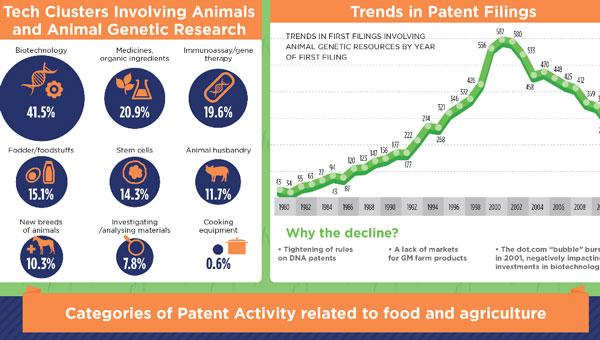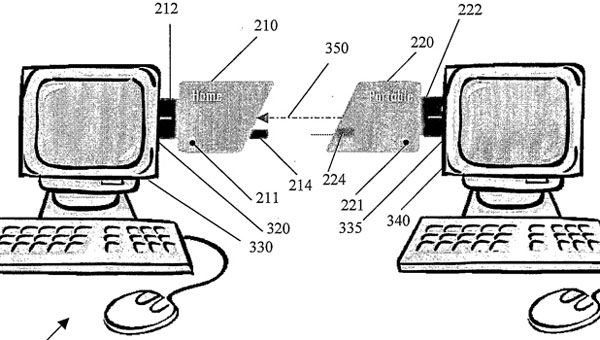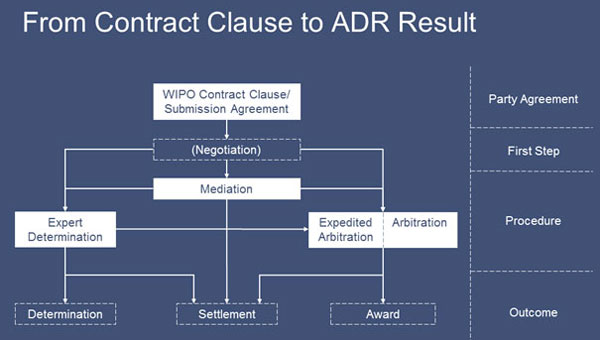Supporting Technology and Knowledge Transfer
Innovation plays an important role in driving economic growth and addressing socio-economic, social and environmental challenges. While innovation is not limited to the technology sector, technological advances greatly contribute to the global development and the improvement of the well-being of people.
WIPO supports mutually-beneficial technology transfer through patent information services, innovation support programs and tools, projects and activities by WIPO Committees, public-private partnerships and dispute resolution services. We also organize knowledge transfer-related activities, including capacity building and training on transfer of technology.












